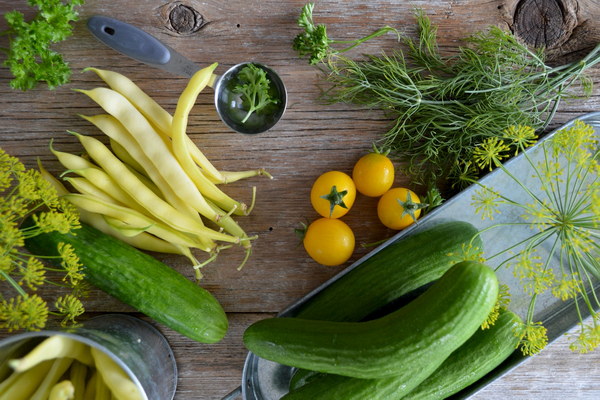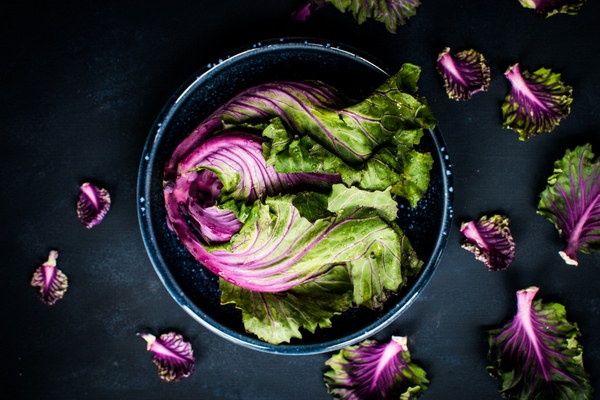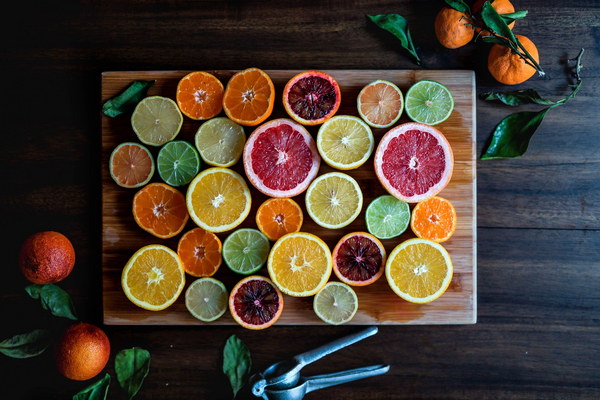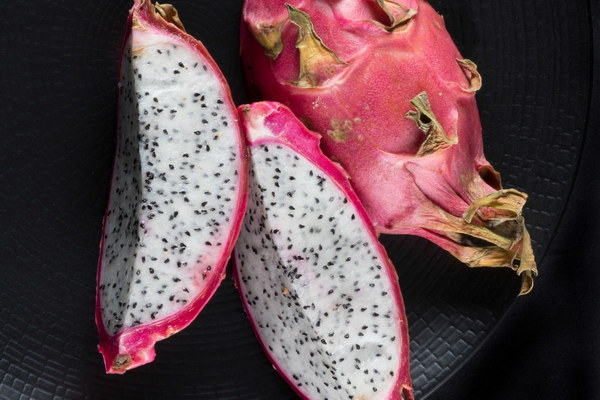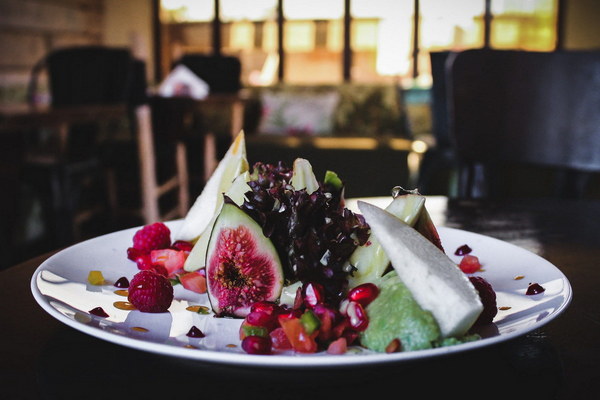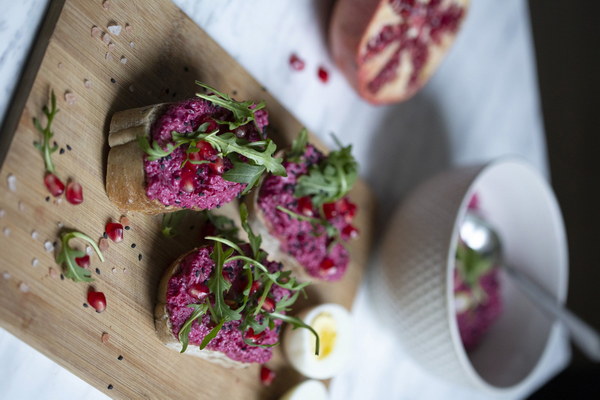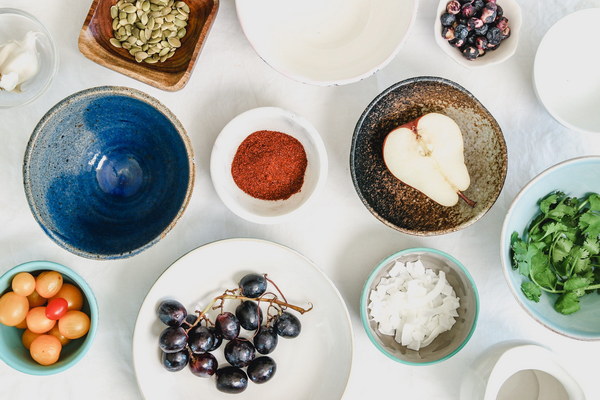Boost Your Qi and Blood with the Right Diet for Turtles What to Feed Your Shelled Friend
In the realm of traditional Chinese medicine, the balance of Qi (vital energy) and blood is crucial for maintaining overall health. While many people focus on the diet for themselves, it's equally important to consider the nutrition of our beloved pets. Turtles, as fascinating and unique creatures, also require a well-balanced diet to ensure they thrive and stay healthy. In this article, we'll explore the best foods that can help turtles boost their Qi and blood, leading to a happier and healthier life.
First and foremost, it's essential to understand that turtles are ectothermic, meaning they rely on external heat sources to regulate their body temperature. This affects their metabolism and the types of food they require to maintain a healthy Qi and blood balance. With this in mind, let's dive into the world of turtle nutrition.
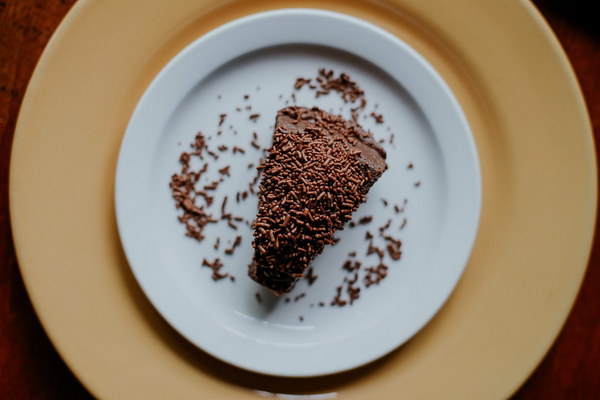
1. Variety is Key
As with any animal, a varied diet is essential for turtles to receive the full range of nutrients they need. A balanced diet for turtles should include a mix of vegetables, fruits, proteins, and appropriate turtle-specific foods.
1.1 Vegetables
Dark leafy greens, such as kale, spinach, and romaine lettuce, are excellent sources of iron, calcium, and other essential nutrients that contribute to healthy Qi and blood. These vegetables can be offered raw or lightly steamed to make them more digestible.
1.2 Fruits
Fruits like melon, banana, and strawberry are not only delicious but also packed with vitamins and minerals. However, it's important to introduce fruits gradually, as they can be high in sugar and should not make up the majority of a turtle's diet.
1.3 Proteins
Protein is vital for maintaining healthy muscles and a strong immune system. Turtles can benefit from a variety of protein sources, including:
- Insects: Mealworms, crickets, and waxworms are popular choices for protein, but be sure to dust them with a calcium and vitamin D3 supplement to prevent deficiencies.
- Fish: Small, hardy fish like brine shrimp or bloodworms can be offered as a treat or occasionally as part of a balanced diet.
1.4 Turtle-specific Foods
There are numerous turtle-specific foods available on the market, designed to cater to the unique nutritional needs of these reptiles. These can include:
- Turtle pellets: Pellets are a convenient way to provide a balanced diet, as they contain a mix of vegetables, proteins, and supplements. However, they should not be the sole component of a turtle's diet.
- Turtle blocks: These are usually made of compressed vegetables and can be a good source of fiber and nutrients. However, they should be offered in moderation.
2. Supplements
While a balanced diet can provide many of the nutrients turtles need, some supplements may be necessary to ensure optimal health:
- Calcium: Turtles require a high level of calcium to support bone growth and maintain strong shell structure. A calcium supplement can be sprinkled on their food or offered in a cuttlebone for them to chew on.
- Vitamin D3: This vitamin is crucial for the absorption of calcium. A vitamin D3 supplement can be added to the turtle's diet, usually in the form of a drop or by using a UVB light source.
3. Water and Temperature
Proper hydration and temperature regulation are also essential for maintaining a turtle's Qi and blood. Ensure that your turtle has access to clean, fresh water at all times, and consider a water heater and cooler to maintain the appropriate temperature for their species.
In conclusion, providing your turtle with a balanced and varied diet is crucial for maintaining their Qi and blood balance. By incorporating a mix of vegetables, fruits, proteins, and turtle-specific foods, you can ensure your pet stays healthy and happy. Don't forget to supplement their diet with calcium and vitamin D3, and maintain the right temperature and water quality. With a little care and attention, your turtle will be thriving in no time.
